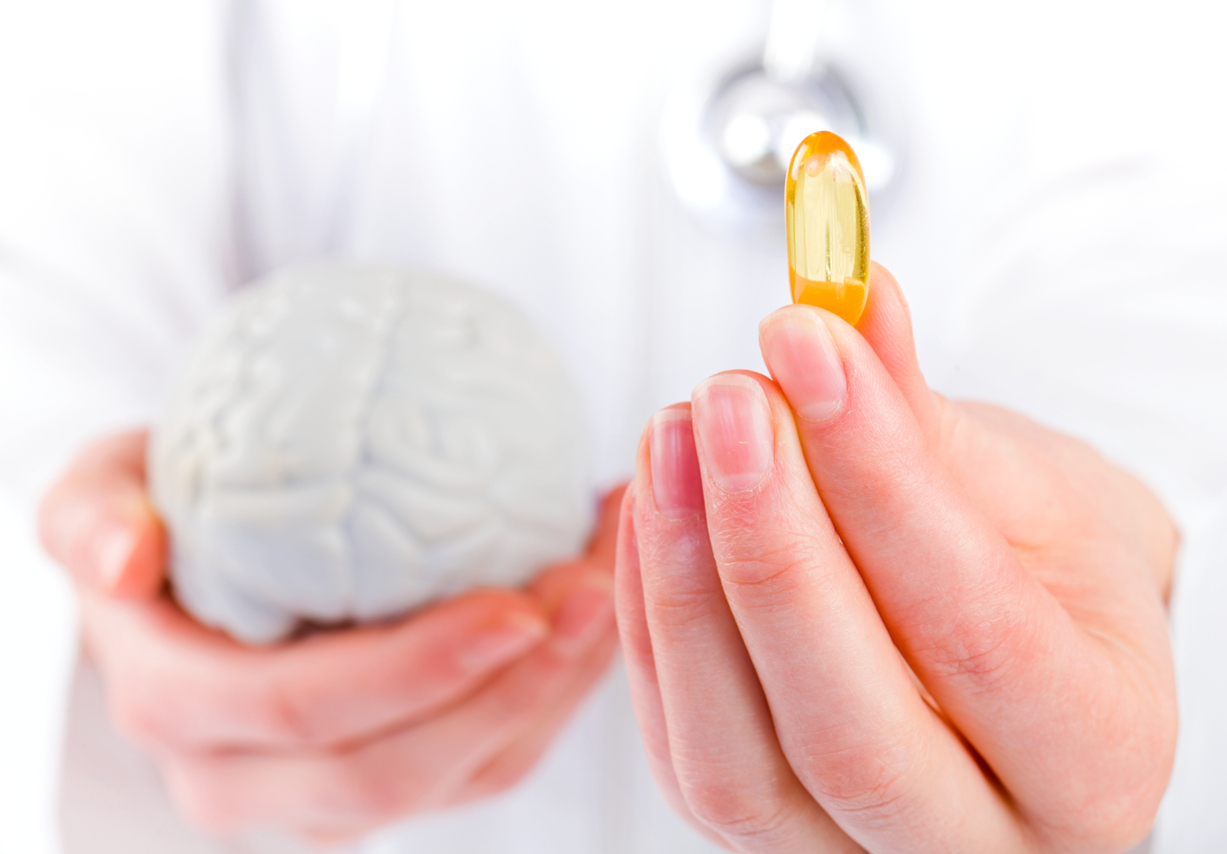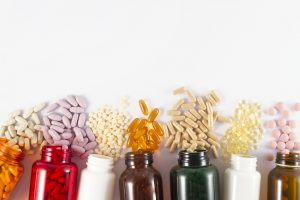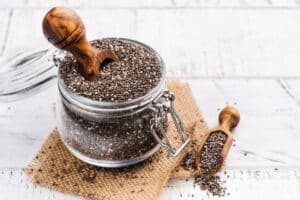Brain supplements: Help or hype?
Have you purchased a supplement promising to improve memory, focus and brain health? You are not alone. Millions of Americans buy into this booming industry seeking a healthy brain. But, current research says you may want to think twice before popping that pill. You may just be wasting your money.
Remember the old song, “Love Potion #9”? Simply imbibe the magic potion and voila! You’re an instant love magnet!
The Alzheimer’s Association claims that women are at the epicenter of the Alzheimer’s crisis, so we’re elated to think there might be a magic potion to save us from memory loss. Easy breezy, we can now just ‘pop a pill’ for a healthy brain? Only if the brain supplements work. So do they?
>READ: REDUCE SENIOR MOMENTS BY INCREASING BRAIN FITNESS
Is it possible some ingredients, not taken under a doctor’s supervision, can even be harmful? AARP, to the rescue! In collaboration with Age UK, AARP created the Global Council on Brain Health to establish evidence-based facts for cognitive health.
The GCBH, an independent body of top scientists, policy experts, doctors, and scholars from all over the globe, was asked by AARP to review the evidence of brain health supplement effectiveness to determine the best advice to give those taking the pills.
An article in AARP, August/September, 2019 along with findings from the Global Council on Brain Health, says that while it’s “tempting to think there is a magic potion to achieve that goal…no such potion exists.”
IS THE PROOF IN THE PROMISE
Harvard Health, “Don’t Buy into Brain Supplements,” revealed in a recent survey that about “25% of adults over age 50 take a supplement to improve their brain health with the ‘promise’ of enhanced memory and sharper attention and focus.”
That’s billions of dollars spent on these supplements each year in hopes the promise of a healthy brain will come true. But it’s the word ‘promise’ that is the problem. There’s not enough science and solid proof yet to back the promise up.
Do remember, no pun intended, we are discussing a class of supplements referred to as herbal nootropics and herbal supplements which are not regulated by the FDA.
It seems the issue with all over-the-counter supplements is lack of regulation,” says Dr. Gad Marshall, associate medical director at the Center for Alzheimer Research and Treatment at Harvard-affiliated Brigham and Women’s Hospital. “The FDA doesn’t oversee product testing or ingredient accuracy — they just look out for supplements that make health claims related to the treatment of specific diseases.”
As AARP’s research shows, about half of older adults incorrectly believe that the Food and Drug Administration only allows dietary supplements on the market deemed safe AND effective.
Unfortunately, that’s not the case. Some companies have even run afoul of the FDA due to unsubstantiated claims.
WHAT TO DO ABOUT IT
What then, if anything, did the council find that is backed by scientific research to actually improve brain health?
The resulting study, “The Real Deal on Brain Health Supplements”, concluded: “Consumers should save their money and adopt healthy lifestyle habits instead.”
>READ: PERSONALIZED DETOXIFICATION DIET TO HEAL YOUR BODY
So, what does AARP and the GCBH recommend?
Basically, what we already know. What’s good for the heart is good for the brain.
I know, I know. The magic pills sound wonderful. And yes, we do know that certain fats, vitamins and minerals are essential for heart as well as brain health.
So, please use their research findings and the links below as an ongoing reference and, as always, consult your healthcare provider to be sure of what is right for your personal nutritional needs.
Recommendations for a Healthy Brain:
We still “are what we eat’.
These are the recommendations from the AARP report Eating Right for Heart and Brain Health
Foods to encourage:
- Berries (not juice)
- Vegetables, especially leafy greens
- Healthy fats as in those found in olive oil
- Fish and seafood
Foods to include:
-
- Fruits (in addition to berries)
- Beans and other legumes
- Low-fat dairy
- Poultry
- Grains
Foods to limit:
- Fried foods
- Red meat
- Processed foods
- Salt
Keep Your Brain Engaged
Healthy aging requires you to challenge your brain. New skills and activities help create a healthy brain.
- Stimulate your brain. Seek out cognitively stimulating activities
- Be social and find purposeful activities. Feeling connected equals better brain health.
- Sleep. Are you getting enough rest to think? Sleeping 7-8 hours a night is related to better health in older adults
- Move your body more for better brain health. The American Heart Association’s Go Red for Women recommends a minimum of 150 minutes of exercise a week to maintain good heart health.
>READ: MOVE IT OR LOSE IT: STAYING ACTIVE OVER 50
>READ: IT’S TIME TO GO RED FOR WOMEN
For more in-depth recommendations from a doctor helping patients on the front lines of Alzheimer’s read my article on brain fitness.
As always, check with your physician and/or healthcare provider to see if there are supplementation recommendations right for you.
THE INFORMATION IN THIS ARTICLE IS INTENDED FOR YOUR GENERAL KNOWLEDGE ONLY and is not a substitute for professional medical advice.
>READ: BRAIN HEALTH: THE THINGS YOU CAN DO TO MAKE IT STRONGER









